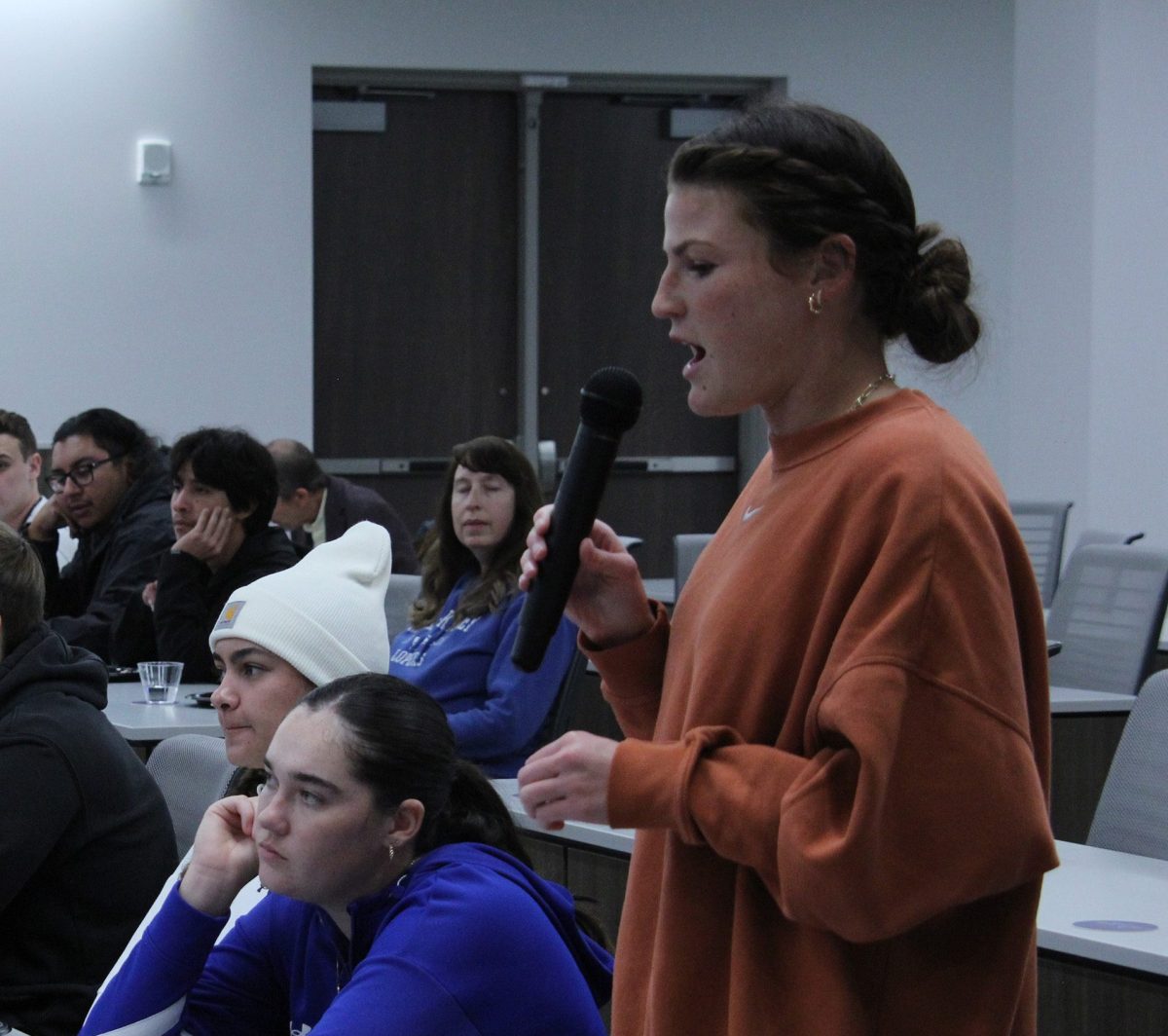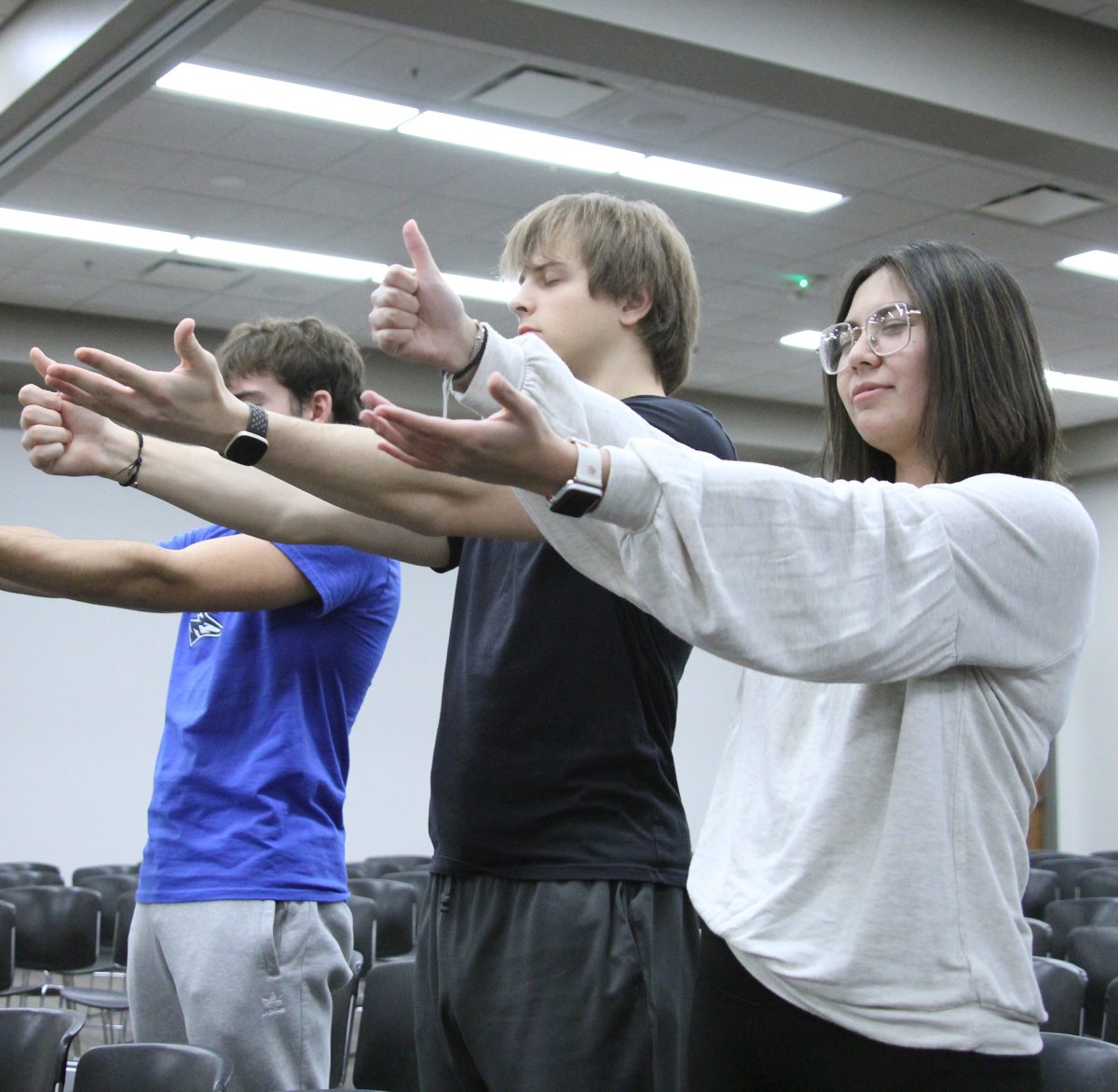KEEGAN FRANCL
franclkl@lopers.unk.edu
I was told from an early age that I am a great writer. Though it was mostly my mom and a handful of English teachers who would grant this praise, it was enough to encourage me to pursue any writing opportunity that came my way. It wasn’t until college that I realized my writing was often tainted with grammatical errors.
The realization of my grammar problems caused me to suffer major imposter syndrome. How could I be a good writer and be grammatically incompetent? Isn’t grammar the foundation of language and the most important part to writing?
In my sophomore and junior year at UNK, I enrolled in Dr. Megan Hartman’s grammar course. I dropped the same class halfway through both times. Grammar proved to be the math of the English language, and we know how much English enthusiasts hate math. It is difficult for me to remember and follow rules and equations, which is the foundation of grammar. For me, the technicalities take the fun out of creative writing.
In my interview with Dr. Hartman, she agreed that grammar is the more technical, systematic side of English. Unsurprisingly, she enjoyed calculus and geometry in high school. Hartman enjoys teaching the class because she knows people dread it and likes to make it fun. “I find it interesting because grammar works like a puzzle, and I enjoy puzzles,” Hartman said. “But it also has its wacky side, since it is a product of human invention and therefore has a lot of irregularities. I like helping people understand the system as well as explore the irregularities.”
Hartman encourages students to get over their fear of grammar by studying a little bit at a time (maybe with flashcards!), forming a study group to combine brain power to figure out things, asking a lot of questions in class, and searching for the parts that you like. There are many reasons to learn grammar (teaching, editing, creative writing, literary analysis can all benefit from a good understanding of grammar), and if you find something inspirational, you will be more interested, which will also make it easier to learn.
It’s common for English majors to be intimidated by the vast world of English grammar because we feel more creatively driven and refute the system of memorization. Hartman urges us to not be off-put by grammar early on. “Like any new skill, the beginnings can seem intimidating and not exciting,” Hartman said. “But as the study of grammar gets more complex, it can actually get to be pretty interesting. Students do have to work harder in the second half of the semester, but it’s also where they tend to have the most fun.”
Don’t let your fear of being exposed and ignorant to your grammar mistakes keep you from a love of writing. To this day, as a small-time college newspaper columnist, I continue to struggle with the technicalities of writing.
But hey, that’s the editor’s job, right?
































